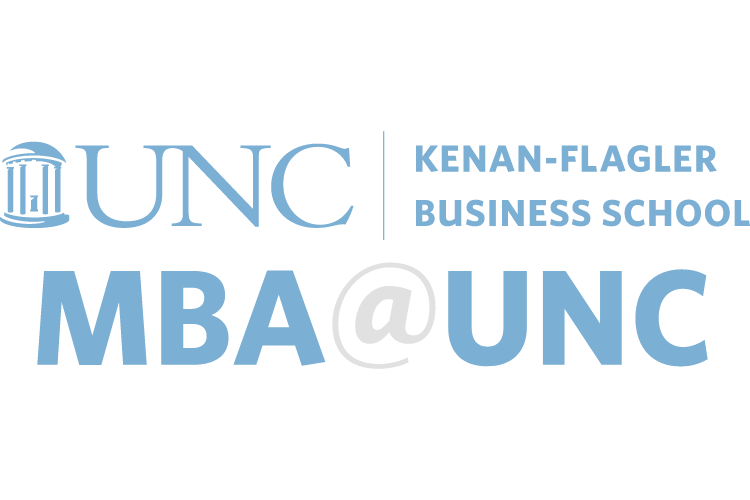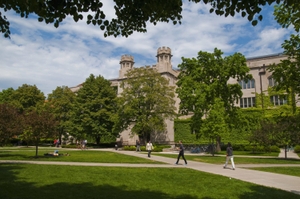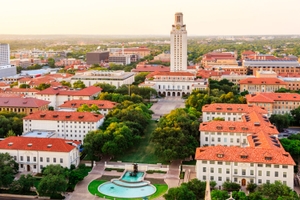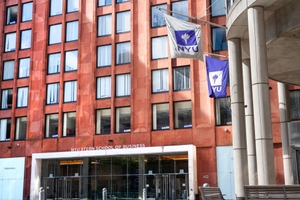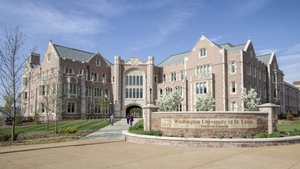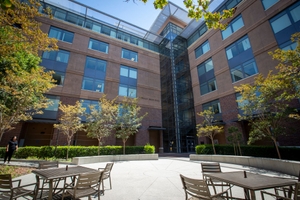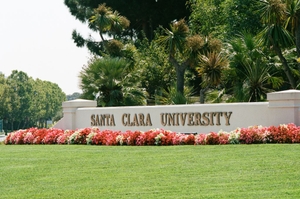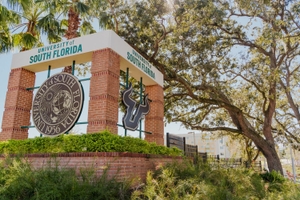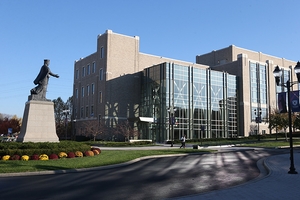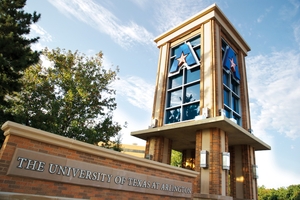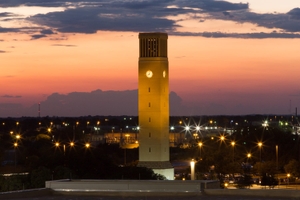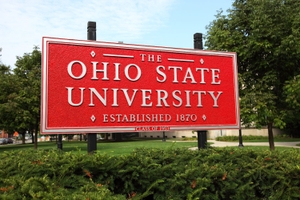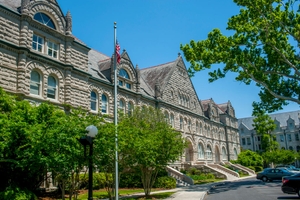UC Davis Master of Management
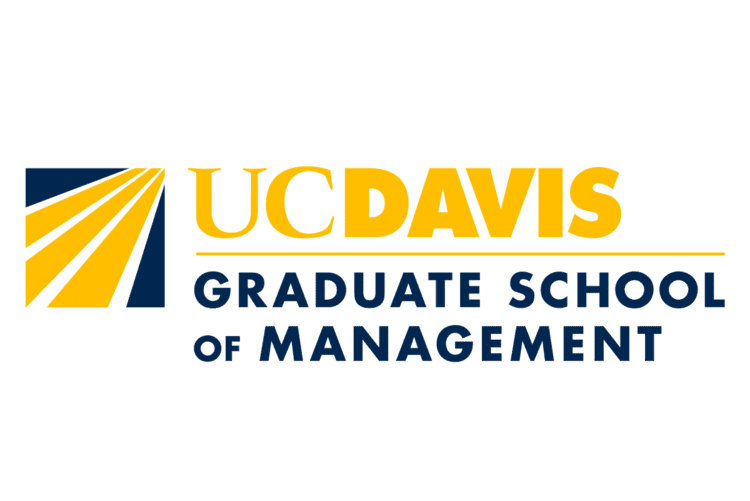

There is a seemingly endless number of part-time MBA programs, but only some can be considered the best. Those that made Fortune’s list this year not only offer top-notch curriculums and access to world-class business school professors, but they also have a track-record of seeing their alumni climb to the tops of the Fortune 500 world (and they also were willing to be transparent with data and participate).
A part-time program can be worthwhile for those professionals who want to obtain an advanced degree that can provide them with the opportunity to move up in their careers or even shift to a new role or industry. There’s a lot of career fluidity among part-time MBA students, much of which has to do with the fact that these students typically have more professional experience and might already be working in their desired field.
A full-time MBA is not better or worse than a part-time MBA, but one option might be better for you depending on your specific situation. If you’d prefer to fully immerse yourself in a program for two years, and can afford to do so, a full-time MBA might be the better choice. Full-time MBA programs are for “career switchers,” people really trying to reinvent themselves in a professional sense. Meanwhile, part-time MBAs can serve as a career accelerator.
Part-time MBAs, like full-time MBAs, can increase your salary. Four months post-graduation, alumni of University of Michigan (Ross)’s part-time MBA program earn median annual salaries of $162,500.
Part-time MBA programs can be completed while working full-time because classes are typically held at night or on the weekends, which is widely seen as the greatest benefit of this MBA format. Part-time programs come with the same opportunities and benefits as full-time MBA programs—both offer quality education, career development, and salary advancement. Additionally, attending school part-time is often less expensive than the full-time counterpart in terms of tuition, but also because students won’t have to give up their income while completing the program.
No, it’s not necessarily easier to get into a part-time MBA program, but more applicants are accepted into part-time programs rather than their full-time counterparts. Part-time programs can also be more relaxed in terms of entrance requirements, like GMAT or GRE scores, because applicants may have more work experience. That said, many students find a part-time program challenging because they must juggle multiple priorities, including work and family obligations, along with the intensity of the MBA degree.
Just as formats vary for part-time programs (online, in-person, or a hybrid model), so do the associated costs. On average, however, part-time MBAs tuition generally cost anywhere from $60,000 to $200,000.
Part-time MBA programs are less likely to require a GMAT score compared with full-time programs, partly because applicants already have work experience. Part-time MBA programs at Pepperdine University, George Washington University, American University, and Babson College don’t require GMAT or GRE scores to apply. However, the top five schools on Fortune’s ranking of the best part-time MBA programs do require GMAT, GRE, or Executive Assessment scores as part of the application.
Based on Fortune’s latest ranking, University of Chicago (Booth), University of Michigan—Ann Arbor (Ross), and University of Texas (McCombs) are the top part-time MBA programs.
